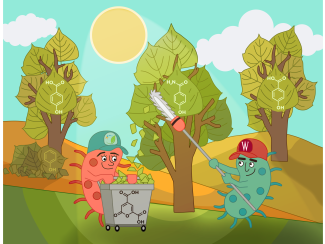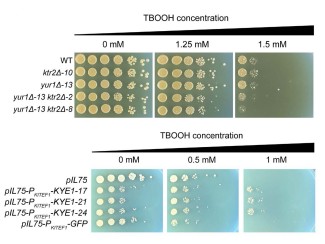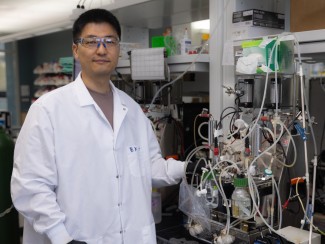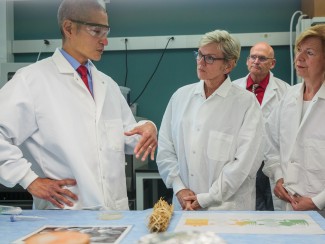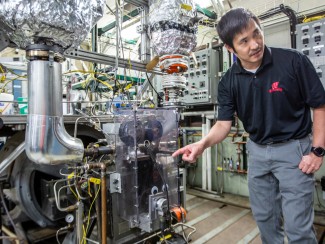
Media coverage of WEI this month focused on UW–Madison students learning by doing, the Midwest as an energy innovation hub, and how GLBRC research is honing in on more valuable products for the biofuels industry.
UW Madison Engineering community collaborates to combat climate change

The Daily Cardinal
Student organizations at UW–Madison have pushed building-by-building to make the city and campus source renewable energy. Three of these organizations, Helios, UW–Madison Solar Ambassadors and WiscWind, are currently working on projects they hope could lead to a sustainable, renewable future.
Move Over, Silicon Valley. The Midwest is poised to drive clean energy innovation

Third Way
When we think of an “Innovation Hub,” we usually picture Silicon Valley. However, innovative solutions in clean energy, sustainability, manufacturing, and more are being developed and embraced by cities across the Midwest. In this series, Thirdway highlights clean energy innovation ecosystems – including our own!
Currently unused biomass could be used to make valuable fuels
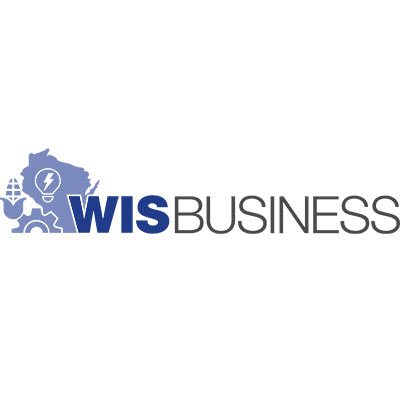
WisBusiness.com
“The goal is to create technologies to convert non-edible or so-called lignocellulosic plant material into alternative sources of fossil fuels and chemical,” Tim Donohue said earlier last month at a discussion hosted by the Wisconsin Technology Council.
Featured Researchers
Idealism or Inevitable? Greening of America well underway

Wisconsin State Journal
Tim Donohue says the chance to create more clean products and energy jobs over time is significant (there were 2.7 million such U.S. jobs in 2016), and it’s poised to grow. Growth will be more a “middle- to long-range event than a sprint,” Donohue said, adding Wisconsin can compete in that race when it comes to bio-energy, wind, solar, conservation and energy storage.
Featured Researchers
Industry-ready process makes plastics chemical from plant sugars

Biofuels Digest
Researchers at UW–Madison and GLBRC have developed an inexpensive, industry-compatible process to produce high yields of the versatile chemical HMF – 5-hydroxymethylfurfural, which is used to make many bio-based chemicals, plastics and fuels.
Featured Researchers
Pioneered by UW professor, microgrids enable energy independence

Wisconsin State Journal
Proponents of a less centralized electric system envision a future in which residents, businesses and communities own and operate solar panels augmented with batteries and other generators hooked together in so-called microgrids. WEI experts discuss how this approach to electricity generation and delivery could be a game changer for renewable energy.
Featured Researchers

